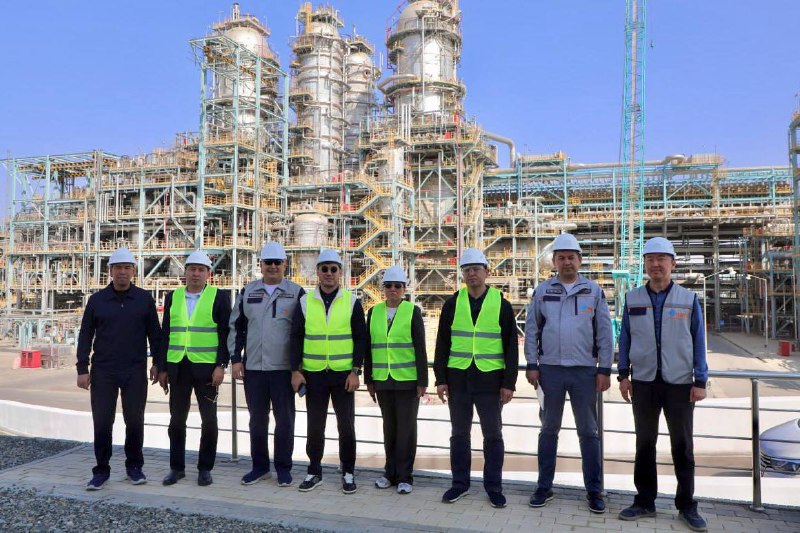Copyright thehindu

In a bid to transform cashew cultivation amid changing climate conditions, the Plantation Corporation of Kerala (PCK), Kasaragod, has launched an experimental programme to identify the most productive and sustainable cashew farming model suited to the changing climatic conditions. The project tests three distinct farming models to determine the most productive and profitable approach for small and marginal farmers across south India. The initiative, part of the Frontline Technology Demonstration Programme funded by the Directorate of Cashew and Cocoa Development under the Union Ministry of Agriculture, began in June. It is testing three different planting patterns—close spacing with drip irrigation, standard spacing with irrigation, and standard spacing without irrigation. Each one-hectare plot tells a story of adaptation, aiming to uncover how water management and plant density influence yield and sustainability. U. Sajeev, manager, PCK, Kasaragod, said cashew cultivation could be both sustainable and profitable. “Our mission is to provide farmers with the latest farming methods so they can thrive despite climate uncertainty,” he added. Mr. Sajeev said six high-yielding cashew varieties—Dhana, Dharashri, Sulabha, Madakkathara 1 and 2, and Priyanka—have been planted under these different conditions to study which model offers the best yield and economic returns. “With fruiting expected in three years and steady returns within five, they promise high yields without requiring large tracts of land. The yield can be double or even triple that of a normal cashew tree,” he added. The trial plots differ not only in irrigation but also in spacing. In one plot, saplings are planted five metres apart, accommodating 400 saplings per hectare; in another, they are seven metres apart, accommodating 200 saplings. The third plot, without irrigation, follows the traditional spacing of seven metres. By analysing growth, yield, and pest resistance, PCK aims to find the sweet spot between density and sustainability. Farmers from across India—including Tamil Nadu, Karnataka, Andhra Pradesh, Maharashtra, and Telangana—are visiting the site to learn about the new model. Grafted cashew saplings, priced between ₹40 and ₹60, are available directly from the PCK estate. Cashew, long a dependable crop, has become vulnerable to erratic rainfall and pest outbreaks, especially during the flowering stage. Even cloudy skies, officials said, could affect yields. To counter this, PCK advises planting before the monsoon or during September–October to ensure strong establishment before adverse weather conditions.



